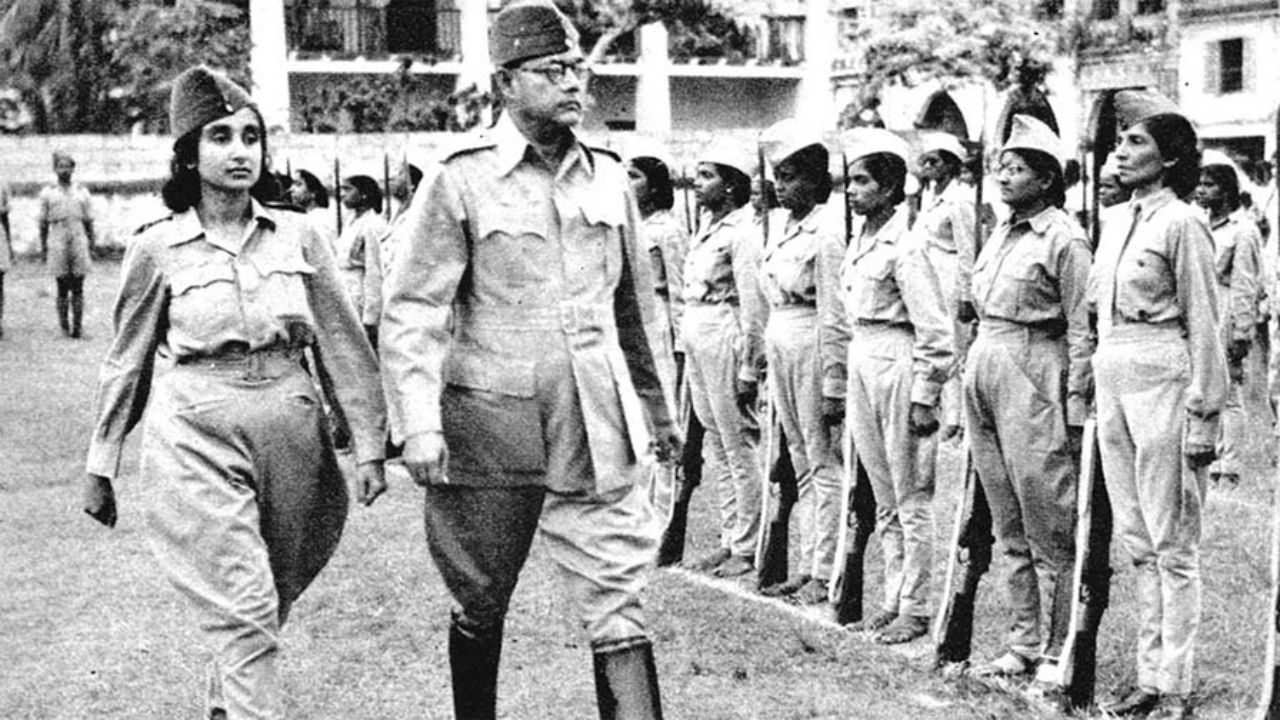Subhas Chandra Bose

Subhas Chandra Bose (1897-1945) was a prominent and charismatic Indian nationalist leader who played a significant role in the Indian independence movement against British colonial rule. He is known for his unwavering commitment to securing India’s independence and his innovative approaches in pursuing this goal. Here is an overview of his life and contributions:
- Early Life and Education: Subhas Chandra Bose was born on January 23, 1897, in Cuttack, Odisha, India. He came from a well-educated and politically active family. He studied in India and later in England, where he qualified for the Indian Civil Service (ICS). However, he resigned from the ICS in 1921 to join the Indian freedom struggle.
- Leadership Role: Bose became a prominent leader in the Indian National Congress and was deeply influenced by Mahatma Gandhi’s principles of non-violence and civil disobedience. However, he eventually grew frustrated with the slow pace of progress and adopted more militant and radical tactics.
- Indian National Army (INA): One of Bose’s most significant contributions was the formation of the Indian National Army (INA) during World War II. He sought foreign support, including from Axis powers like Nazi Germany and Imperial Japan, to raise an army of Indian soldiers to fight against British rule. The INA played a critical role in challenging British colonial authority in India.
- Azad Hind Government: Bose established the Azad Hind Government (Free India Government) in Singapore in 1943 and proclaimed it as the legitimate government of India. He also created the Azad Hind Fauj (Indian National Army) as its military wing.
- Subhas Chandra Bose’s Slogan: Bose coined the famous slogan “Jai Hind!” which is still widely used as a patriotic slogan in India.
- Mysterious Disappearance: Subhas Chandra Bose’s life is shrouded in mystery due to his disappearance in August 1945. He was reportedly killed in a plane crash in Taiwan, but there are various theories and controversies surrounding the circumstances of his death. The “Netaji Files” remain a subject of interest and debate in India.
- Legacy: Subhas Chandra Bose is remembered as a fiercely dedicated and fearless leader who was willing to go to great lengths to secure India’s freedom. His legacy continues to inspire generations of Indians who admire his unwavering commitment to the cause of independence.
- Netaji Jayanti: January 23, his birthday, is celebrated as “Netaji Jayanti” in India to honor his memory and contributions to the freedom struggle.
Subhas Chandra Bose remains a revered figure in Indian history, known for his determination and revolutionary approach in the fight against British colonialism. His leadership and role in the formation of the INA have left a lasting impact on the collective memory of India’s struggle for independence.
Specific Content Keywords : Freedom Fighter,Indian National Congress,Azad Hind Fauj,Netaji,INA (Indian National Army),Bose’s disappearance,Rashtriya Swayamsevak,Sangh (RSS),Forward Bloc,International relations,Germany, Japan, and Axis Powers,The Great Escape,Civil Disobedience Movement,Kolkata (Calcutta),Civil rights,Independence movement,Indian political leader,Patriot,Ideology,Subhas Chandra Bose Jayanti,Legacy and contributions.
Related Links

